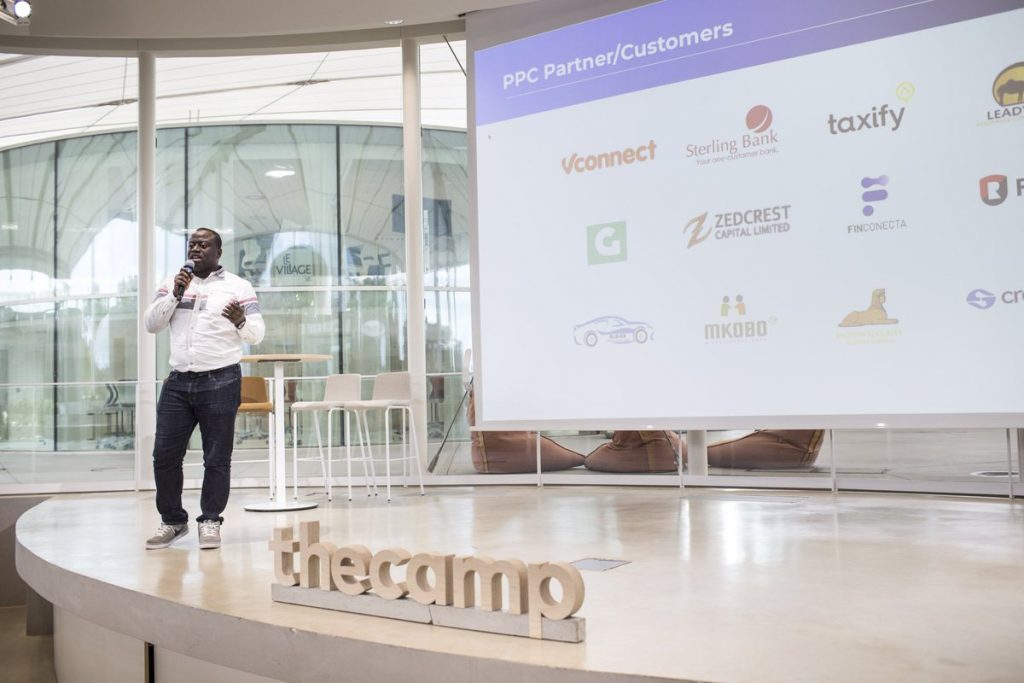President Joe Biden is preparing to quadruple tariffs on Chinese electric vehicles (EVs) as part of a broader strategy aimed at safeguarding American workers and industries.
The decision, expected to be announced imminently, reflects the Biden administration’s commitment to confronting perceived unfair trade practices and protecting domestic interests.
According to sources familiar with the matter, speaking on condition of anonymity due to the sensitivity of ongoing negotiations, the Biden administration will unveil measures to significantly increase tariffs on Chinese EVs and other key sectors.
The total tariff on Chinese electric vehicles is set to soar from 27.5% to 102.5%, marking a substantial escalation in trade barriers.
The impending tariff hike comes after nearly two years of review and deliberation, during which the Biden administration scrutinized the economic implications and strategic importance of various industries.
The decision to quadruple tariffs underscores the administration’s determination to address what it perceives as unfair trade practices that undermine American competitiveness and jeopardize vital sectors.
President Biden and his advisors have meticulously crafted the tariff measures, balancing the imperative to protect American industries with the need to avoid disruptions to the supply chain.
While specific details of the tariff adjustments remain undisclosed, the overarching objective is clear: to shield American workers from unfair competition and bolster domestic manufacturing capabilities.
The 2024 presidential race looms large over the flagship announcement, as Biden seeks to differentiate his approach to trade policy from that of his predecessor, Donald Trump.
While Biden is poised to largely renew Trump’s original tariffs, he aims to strike a delicate balance, eschewing widespread hikes that could trigger retaliatory measures and exacerbate global economic tensions.
The decision to quadruple tariffs on Chinese electric vehicles is not without its critics and potential repercussions.
Some industry observers warn of potential disruptions to supply chains and increased costs for consumers, while others question the effectiveness of tariffs as a tool for achieving broader economic objectives.
Nevertheless, the Biden administration remains steadfast in its commitment to protecting American interests and promoting fair and reciprocal trade practices.
By quadrupling tariffs on Chinese electric vehicles, President Biden sends a clear message that the United States will vigorously defend its industries against perceived threats and ensure a level playing field for domestic businesses.
As the announcement of the tariff escalation draws near, stakeholders across industries are closely monitoring developments and assessing the potential implications for their operations. With tensions between the United States and China showing no signs of abating, the Biden administration’s tariff measures are likely to further shape the dynamics of global trade and economic relations in the coming months.
Only time will tell how China will respond to the Biden administration’s tariff escalation and whether it will impact broader efforts to foster constructive dialogue and cooperation between the world’s two largest economies. For now, the stage is set for a renewed intensification of trade tensions, with the fate of American workers and industries hanging in the balance.


 Naira4 weeks ago
Naira4 weeks ago


 Naira4 weeks ago
Naira4 weeks ago




 Naira4 weeks ago
Naira4 weeks ago




 Naira3 weeks ago
Naira3 weeks ago


 News4 weeks ago
News4 weeks ago
 Travel4 weeks ago
Travel4 weeks ago




 Naira3 weeks ago
Naira3 weeks ago


 Jobs3 weeks ago
Jobs3 weeks ago










